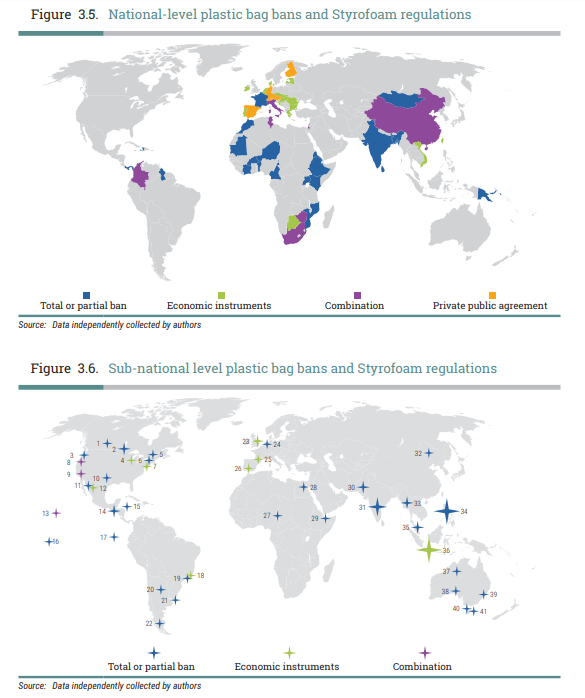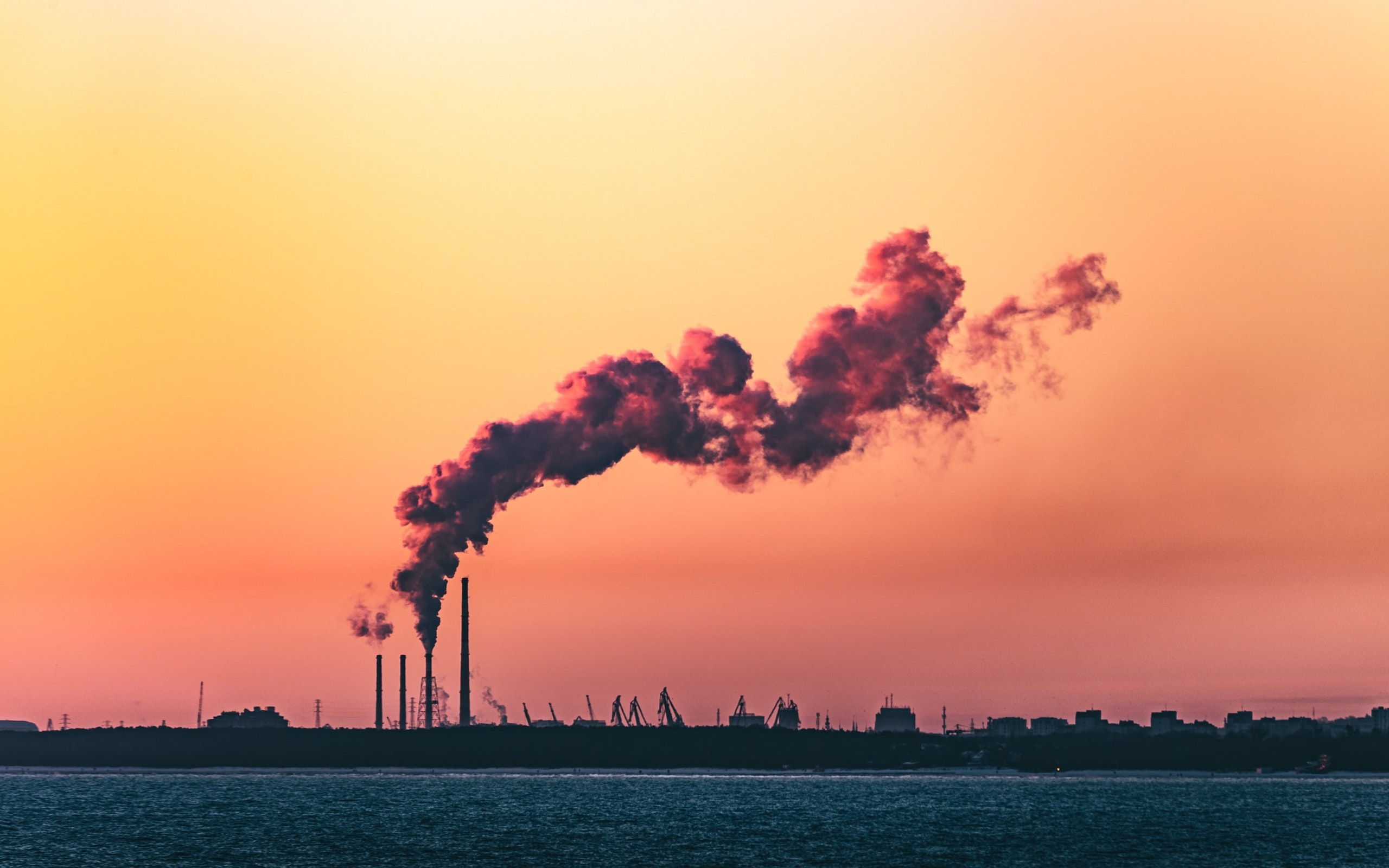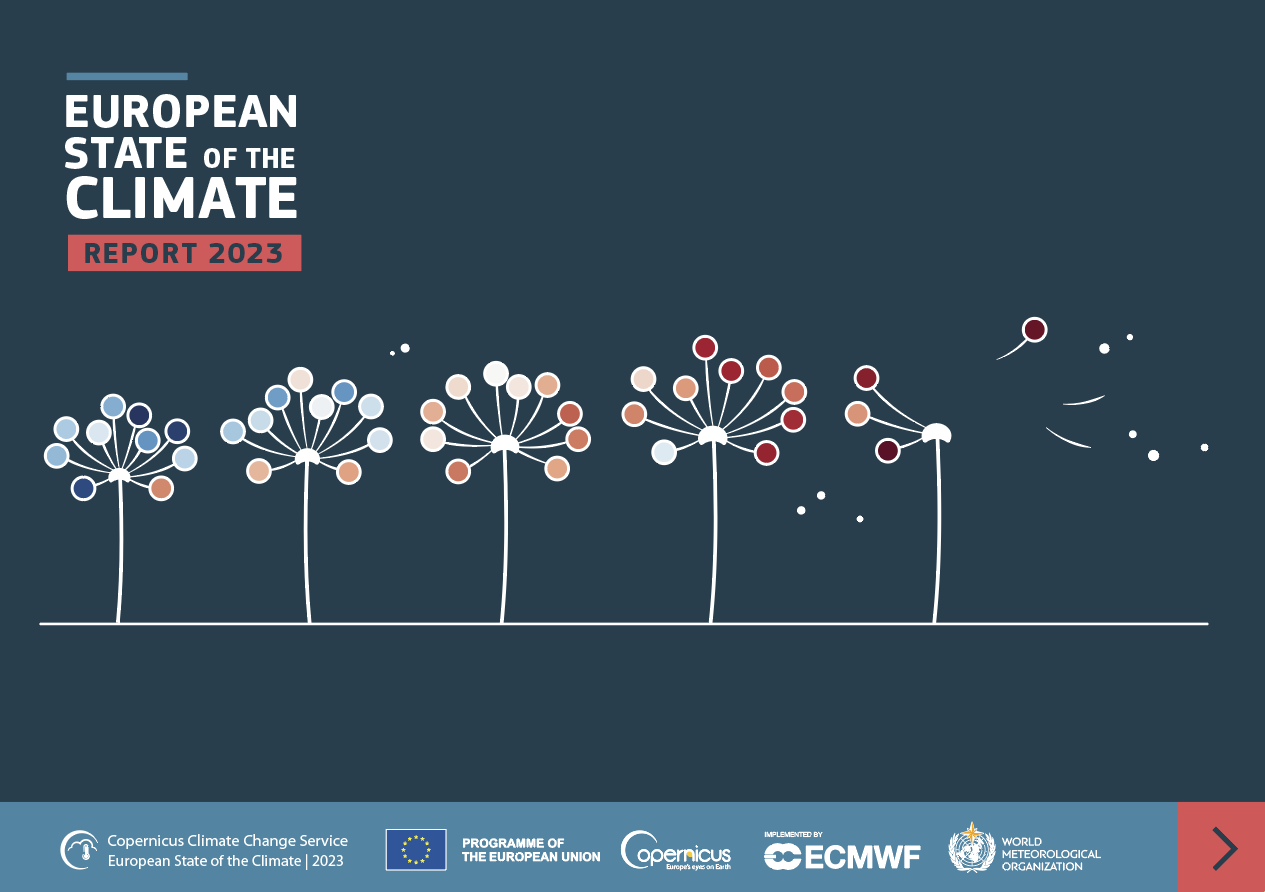During the October plenary, the European Parliament approved by high majority a draft plan to ban single-use plastic products such as plates, cutlery, straws, balloon sticks and cotton buds by 2021.
The legislative proposal also sets deadlines to reduce and recycle other plastic items such as food containers, beverage bottles and cigarette filters containing plastic.
“We have adopted the most ambitious legislation against single-use plastics”, said the draft proposal’s rapporteur Frédérique Ries. “It is essential in order to protect the marine environment and reduce the costs of environmental damage attributed to plastic pollution in Europe, estimated at 22 billion euros by 2030.”
The draft law was proposed by the European Commission in May and will now undergo the negotiation procedure with the Council.
The urgency to tackle plastic pollution is commonly linked to the dramatic and increasingly visible deterioration of marine ecosystems, heavily affected by the accumulation of plastic waste. According to the U.N., the growth in the production of plastic in the past decades has largely outpaced that of any other material, with a global shift from the production of durable plastics to single-use plastics. Despite the adoption of national and local policies regulating single-use plastics is on the rise (see map), the situation remains critical.
Enlarge

The massive use of plastics also has significant implications for the associated consumption of hydrocarbons and related greenhouse gas emissions that contribute to climate change.
A recent IEA report focused on what has been defined as “one of the key blind spots in the global energy debate”: the influence of petrochemicals on future energy trends.
According to the IEA report (titled The Future of Petrochemicals) petrochemicals – including plastics, fertilizers, packaging, clothing, digital devices, medical equipment, detergents et cetera – are becoming the largest drivers of global oil demand, in front of cars, planes, and trucks.
Demand for plastics – the key driver for petrochemicals from an energy perspective – has outpaced all other bulk materials (such as steel, aluminum, or cement), nearly doubling since 2000. Advanced economies currently use up to 20 times more plastic and up to 10 times more fertilizer than developing economies on a per capita basis, underscoring the huge potential for global growth, IEA says.
IEA estimated petrochemicals are set to account for more than a third of the growth in world oil demand to 2030, and nearly half the growth to 2050, adding nearly 7 million barrels of oil a day by then. They are also poised to consume an additional 56 billion cubic meters (bcm) of natural gas by 2030, and 83 bcm by 2050.
To address these challenges, the IEA outlined a Clean Technology Scenario (CTS), which provides an alternative future in line with key UN Sustainable Development Goals, such as climate action, responsible consumption, and life below water, among others.
The report is among the most comprehensive reviews of the global petrochemicals sector and follows other reports in the series, including the impact of air conditioners on electricity demand, the impact of trucking on oil demand, or the role of modern bioenergy in the renewables sector.
Read more:
Proposal for a directive of the European Parliament and of the Council on the reduction
of the impact of certain plastic products on the environment
UNEP report: SINGLE-USE PLASTICS: A Roadmap for Sustainability
IEA report The Future of Petrochemicals






